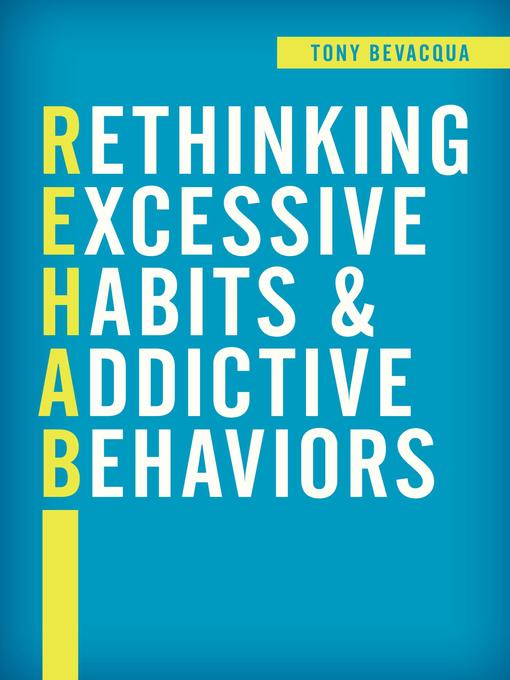-
Description
-
Details
What do we know about addictive behavior and mental health? Bevacqua maintains our common perceptions are loaded with outdated, emotionally charged, and deficit-based vocabulary. Words like "addiction," "addict," alcoholic," "denial," "recovery," "clean," and others have become absorbed into our vocabulary but conjure up the worst case descriptions of undesirable behavior. These labels are generalized to all behaviors and to all people regardless of the details of their specific circumstances. By rethinking and changing the language, new learning can take place, and new approaches to treatment can emerge. While biology may play a role in addiction, the author argues that the disease model strips sufferers of their ability to see their issues as within their control to address. Understanding the role of learning and behavior allows people to redefine addiction in terms of their own personal circumstances, allowing that the brain is an organ of social adaptation and is constantly able to wire and rewire itself through enriched environments and new learning. Bevacqua proposes a language that also supports an individual with kindness, compassion and empathy and suggests ways in which this new perspective and approach, can help individuals improve the quality of their thinking which will improve the quality of their behavior.

Kindle Book
- Release date: July 2, 2015
OverDrive Read
- ISBN: 9781442248304
- File size: 453 KB
- Release date: July 2, 2015
EPUB ebook
- ISBN: 9781442248304
- File size: 453 KB
- Release date: July 2, 2015
Formats
Kindle Book
OverDrive Read
EPUB ebook
subjects
Languages
English
